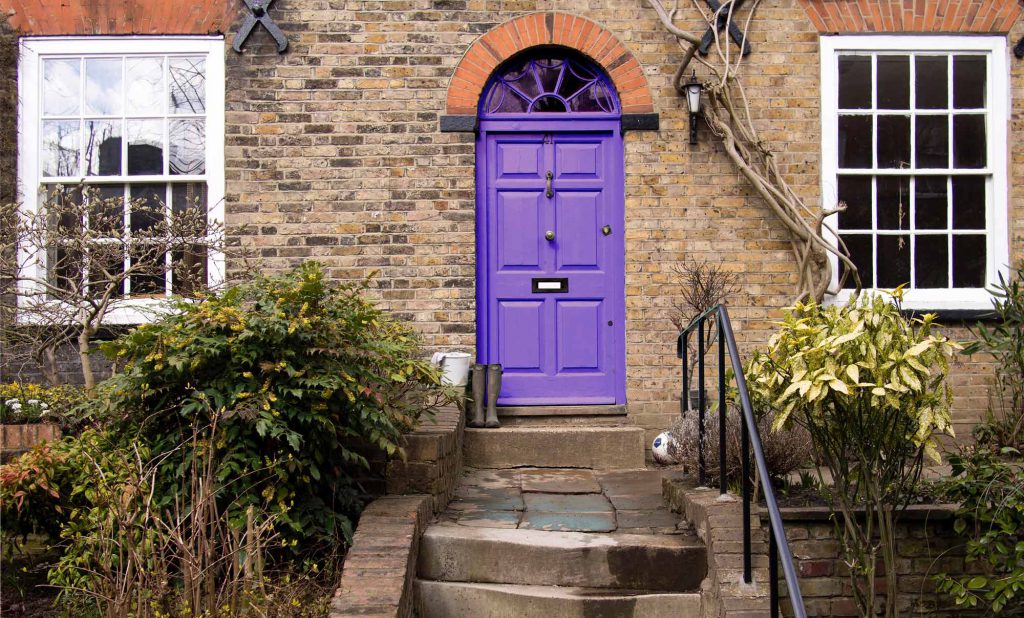What is the 100 day manifesto?
Our country is in crisis. We need to plan big, but we also need to act right now.
This is the 100 day manifesto for our economy, it asks, What can we do right now?
Using resources we already have, what will have the biggest impact on those who need it most?
Put small businesses at the heart of a recovery for Wales –
Fund small businesses. Support small businesses. Use small businesses.

The 100 Day manifesto – what we need now
- Fund small businesses
Divert 1% (£2.7m) of Development Bank of Wales new funding to existing organisations in the community to loan or grant to the new smallest businesses. People are ready to take control of their lives and build their own better futures. Don’t hold them back.
For £2.7m you could fund 500-1000 start-up small business this year alone. Existing organisations embedded in their communities have the knowledge and experience to know what will work in their local area and the capacity to vet individuals and give ongoing advice. Make the 1% award annual and you power-up small businesses across Wales in the longer term.
2. Support small businesses
Extend the Accelerated Growth Programme to cover the smallest businesses in Wales. Give vouchers to small businesses for accountancy, marketing, HR and business advice that they can spend with other local small businesses. Use the money Business Wales currently spend on advisors for the smallest businesses. Divert around £2.5 million of the current budget. That’s around 800 £2000 grants this year, plus generous operating costs. Straight into the pockets of small business owners, all spent on building and improving other small businesses, strengthening local economies.
3. Use small businesses
Procurement: at least 10% of any Welsh or local Government tender or contract must be given to a Welsh small business. Act local. Use local people and the money stays in the Welsh economy.

Further Explanation:
Small businesses – the key to boosting our economy with speed, impact and sustainability
Microenterprises, small businesses and sole traders are the bedrock of the Welsh economy, employing as many people in communities across Wales as large businesses.
99.4% of all businesses in Wales are small or medium sized and of those, 95% are microbusinesses, employing fewer than 9 people. Microbusinesses account for 35% of all employment – the same percentage as large businesses – and account for half of employment growth over the last 10 years. Good jobs in Wales depend on them.
Small businesses also enable people who are unemployed or struggling to get out of poverty to create a new life or a pathway to financial independence.
Welsh Government spent almost £19 million of public money and years of negotiation to persuade Aston Martin to open a site in the Vale of Glamorgan with 750 jobs in 2018. Just over 2 years later 200 of those jobs are at risk. Over the last 7 years, Purple Shoots has loaned out £1.5 million pounds to help over 500 start-up businesses, creating over 700 jobs. It’s not just cheaper to invest in start-ups, it’s also less risky to spread our investment among many companies rather than betting everything on one company with no real ties to the area.
Over 96% of Purple Shoots borrowers were on benefits when they started their businesses. According to a study by The Centre for Economic and Social Inclusion each £1 invested in small-business start-ups creates £4 for the Treasury.
But it’s not just the amounts of money involved. Small businesses operate locally. All their profits go back into their local economies. Every additional job created as a business grows goes to someone from the local community. This creates sustainable growth in the poorest communities.
- Fund Small Businesses
Is there already funding available for small businesses to start up?
In Wales Government funding for start-up businesses is administered by Business Wales. They are not able to make the lending decisions so their recommendations are referred to an organization in England who do not know the details of the Welsh economy. Without this local knowledge, they seem to struggle to make a proper judgement on whether a proposal will work – hence many are turned down. This causes huge frustration to the potential businesses as the process is quite slow and demanding and then it all turns out to be for nothing.
If you talk to anyone in Welsh Government, they will claim that they do start up funding, either through UK Government Start-Up Loan Company (administered through Business Wales) or through the Development Bank of Wales. However both these bodies will decline someone with a low credit score and will usually require the borrower to be putting in money of his/her own to match the loan. If you have been unemployed for even a short time, your credit score is likely to plummet and you won’t have any spare cash because you have to spend any money you have saved up in order to claim benefits.
If you have a poor credit score and no money behind you your options in Wales are pretty much zero (apart from us). There are Council or Government backed funds/grants but these often have some odd restrictions – many of them for example won’t fund a vehicle and yet for a small business starting out, this is the one thing they really need (mobile hairdresser, window cleaner, cleaner, painter/decorator etc). Most grants will also only pay out in arrears when receipts are supplied. People without financial resources need the money up front.
So for someone who is unemployed with no handy wealthy relative (another expectation of the Development Bank!) who has been trying to survive on benefits for even a short time but has a viable business idea, it is almost completely impossible to get a loan to start a business. There are a few grants around but they are too small, too fragmented and complicated to get and not well-known. But there is huge potential – there is huge demand across Wales, that can’t be met under current funding. Purple Shoots can fill this gap.
So, funding small-business start-ups is cheap, prudent and sustainable.
2. Support small business
Doesn’t Wales already support small businesses?
Right now, Business Wales offers two types of support to small businesses. For the smallest businesses, they offer free advice on running a business, accounting, marketing and HR. This advice is all provided by a central team. Although knowledgeable about business, this team don’t always have local knowledge about the specific communities in which the smallest businesses operate. They provide this advice for free.
In all of these local areas, there are companies and individual consultants, accountants and marketing experts who are trying to sell their services, with additional local knowledge. The free service offered by Business Wales undermines their ability to sell their expertise. These are also small businesses that need support.
For larger, growing businesses, Business Wales offer the Accelerated Growth Programme (AGP). This doesn’t just offer advice, but free access to local companies offering expertise in marketing, HR and other businesses processes.
By extending the AGP to much smaller businesses, we could boost businesses in the programme with real local expertise and generate revenue for the local specialist companies.
Make it simple to qualify to be on the list to be a supplying business and let small businesses that need help shop around for the service that is the best fit for them. As they’re using the vouchers, small businesses are also building strong local networks that will support local, sustainable growth.
This proposal doesn’t seek to replace Business Wales, simply to divert a very small portion of its resources so that money flows into local businesses and around local economies, making the most of real local knowledge.
Use local small businesses to support other local small businesses.
3. Use Small Businesses
Aren’t small businesses more expensive?
Although some goods and services are cheaper from big national and multinational companies, this is not always the case. In particular, specialist goods and services are often cheaper from small businesses. It’s also the case that smaller businesses can provide smaller amounts of goods and services more cheaply that their bigger counterparts.
But it’s not all about the money.
It’s easier to build a relationship with a small local company which can prove invaluable in a tricky situation. Using local businesses is also greener as the carbon footprint is reduced.
Legal requirements
Under the Wales Future Generations Act, Welsh Government is also required to consider the sustainability of their projects and the impact on the local community. Money spent on local businesses stays in the local economy, building real sustainable growth.
Securing further investment
If you invest in the small businesses in your local economy, you will grow the pool of successful businesses with skilled staff and that will, in turn attract other new businesses to your area, creating ongoing, sustainable growth.
Isn’t it more work to find the right small businesses?
Yes, it is harder to find the right small business to work with, rather than just give yet another contract to big organisations like G4S. But what is the point of Welsh Government if not to improve the lives of Welsh people, and to allow the Welsh people to improve their own lives? Instead of investing money in costly projects to bribe big businesses to set up temporarily, invest time and money in building a better Wales. Start small. Build capacity to find and work with small businesses and see benefits build locally.
Invest money in local economies and see them grow.
If you agree with our manifesto, please sign this petition to get the Welsh Government to debate it: https://petitions.senedd.wales/petitions/244839

